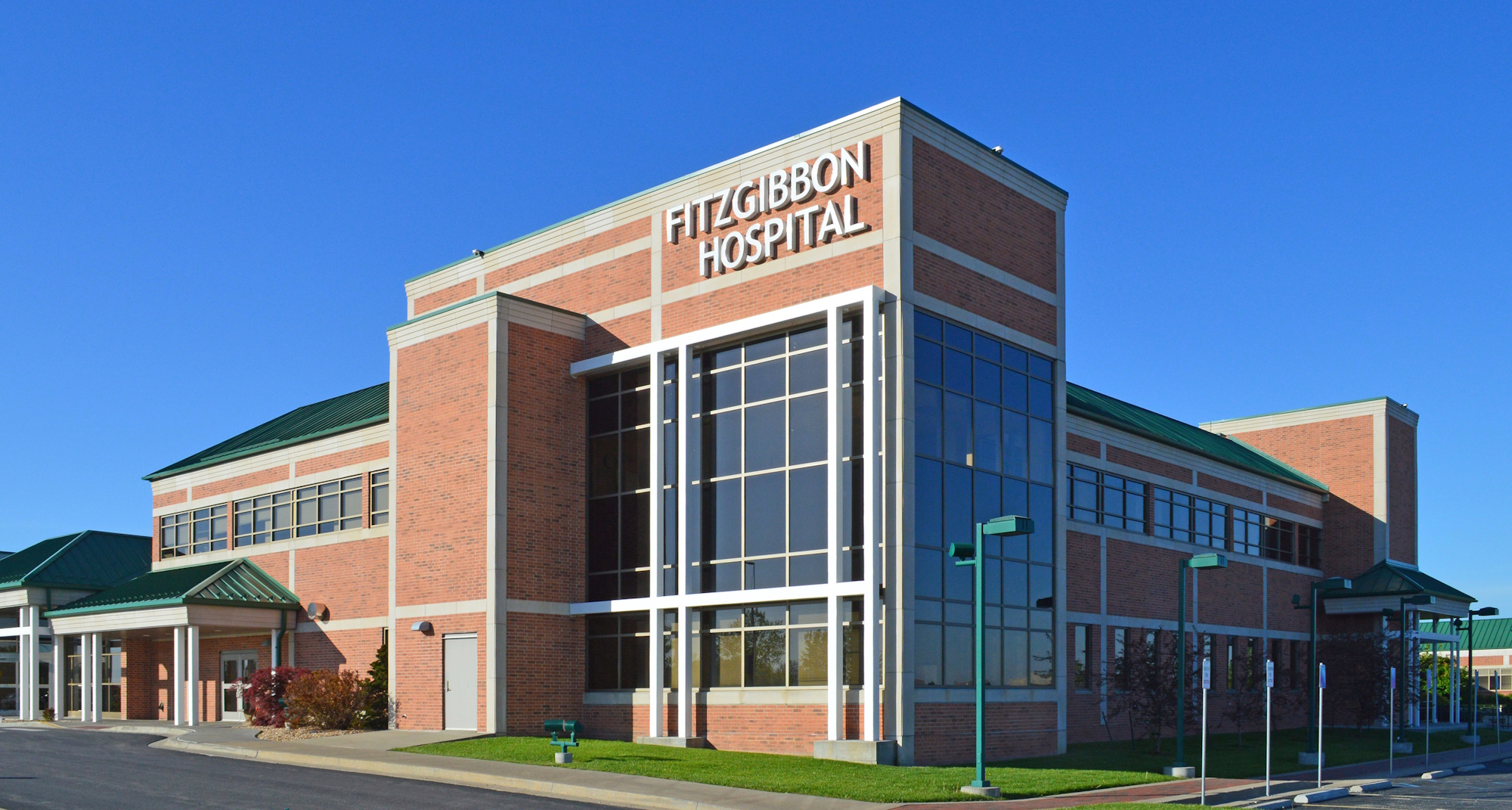New Service Helps Children with Dyslexia
August 15, 2024
Fitzgibbon Rehabilitation Services has unveiled a new treatment program for children who have been screened for dyslexia, a learning disorder affecting the way children (and adults) see and read words. This new dyslexia language and literacy evaluation and treatment program, administered by three speech therapists in Marshall at Fitzgibbon Hospital, allows for local treatment. Previously, there was not treatment for this condition anywhere near the Saline County area.
“Currently, the school district does a basic screening for dyslexia for their young elementary students, and then parents have to seek out additional services to take the next step for a more comprehensive test and treatment,” said Sarah Vaillancourt, OT, Director of Rehabilitation Services at Fitzgibbon Hospital. “We are able to administer the required tests to discover if the student actually has dyslexia or another language impairment. Then we are able to put together a treatment plan that helps the student with tools to overcome challenges that dyslexia presents.”
According to the National Institutes of Health (NIH), dyslexia is a specific learning disability that is neurobiological in origin. Dyslexia, language and literacy disorders cause difficulties with accurate or fluent word recognition due to its impact on “decoding” abilities. The person with dyslexia may have a very high IQ, but something in their cognitive function causes their brain to misinterpret the way letters fit together, phonetically. This often creates problems with reading comprehension, reading development and spelling skills.
“Once we do an evaluation, which takes about two hours, we will take a few days to compile the data to see if they have dyslexia or some other language or literacy disorder. Then we work with parents to treat these conditions,” said Grace Kroeger, SLP, Speech Therapist. “We also provide the results so the parents can provide their school additional support.”
Treatment for dyslexia involves multi-sensory intervention which is backed by research. As with other developmental conditions, the earlier it is caught, the better the treatment results can be.
“The treatment plan is individualized, based on the child’s specific needs. We focus on the sounds each letter makes,” said Kroeger. “We do a lot of repetition. And we bring in some tools like ‘bumpy papers,’ as well as tapping out sounds. Most sessions are 30 minutes each, depending on the patient’s insurance and what it allows.”
“Our goal is always to meet the needs of our community, and we learned that patients were having to drive an hour or more out of our community to receive this service, so we really wanted to start offering that here,” said Vaillancourt.
Parents who have received a letter from their school that identifies their child as potentially dyslexic, or if they themselves suspect a potential issue with dyslexia, they are encouraged to seek a referral to Fitzgibbon Rehabilitation Services from their primary care provider. If you do not have a primary care provider, you may contact Marshall Family Practice at (660)886-7800 extension 3 to schedule an appointment or message them through your FitzChart Patient Portal if you are an existing patient.


